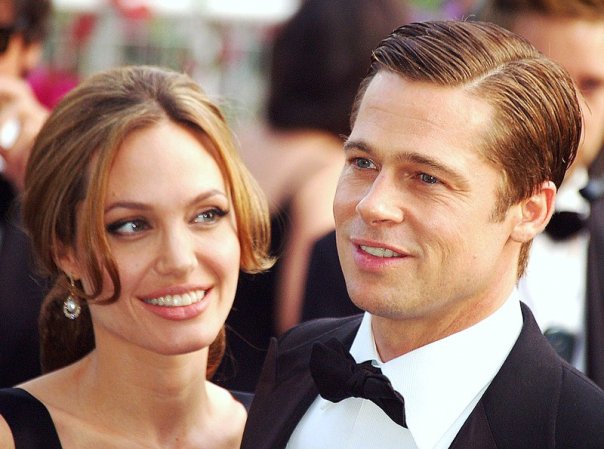In a surprising announcement yesterday, acclaimed swimmer Lia Thomas made the difficult decision to step away from competitive swimming. Lia, who is a transgender athlete, cited feelings of isolation and the constant struggle for acceptance as reasons for her departure. She expressed that athletes should be recognized for their achievements, not judged based on their identity.

This decision comes after months of intense debates and discussions surrounding the participation of transgender athletes in women’s sports. Lia’s journey has shed light on the challenges faced by transgender athletes, both within and outside their chosen sports. Supporters of Lia believe that her departure is a significant loss for the sport, emphasizing the need for a compassionate and inclusive approach to athletes navigating complex identity debates. On the other hand, her critics have scrutinized her success, attributing it to perceived physiological advantages.
Lia Thomas’s withdrawal prompts us to reflect on the opportunities and acceptance we provide for all athletes, regardless of their gender identity. Her story highlights the need for an equitable and fair environment in the global sporting community. This inclusivity should extend not only to transgender athletes but to all participants from different backgrounds and experiences.
However, finding the balance between inclusivity and fairness in a domain historically divided by biological lines is challenging. Lia’s experience underscores the necessity to revisit sporting policies that intersect with gender identity and biological variations. Supporters and opponents can agree that the policies of the past may no longer be comprehensive for today’s and tomorrow’s athletes.
As the conversation evolves, it is essential to thoroughly and compassionately examine the physiological, psychological, and ethical aspects of transgender athletes’ participation. The involvement of experts from various fields, including endocrinologists, ethicists, athletes, and administrators, is crucial. While some emphasize potential physiological advantages, others recognize the physical and emotional toll of transitioning.
Amidst the scientific, ethical, and competitive dimensions, the fundamental aspect that demands priority is respect and empathy towards the experiences of all athletes. Acknowledging their struggles, triumphs, and sacrifices in pursuit of excellence is vital.
Lia Thomas’s departure raises significant questions that necessitate an intersectional approach, harmonizing inclusivity with fair competition. Factors such as hormone levels and physical attributes must be considered when determining competitive advantages or disadvantages in the sporting arena. Finding resolutions to these inquiries is complex and multidimensional.
This moment serves as a critical point for reflection, extending beyond the confines of sport. Lia Thomas, an athlete who achieved great success, found her journey tarnished by scrutiny, isolation, and exhaustive debate over her right to participate. Her statement and subsequent withdrawal encourage athletes, governing bodies, and spectators to contemplate how we can create an environment that celebrates and honors all athletes, free from exclusion or bias.
In conclusion, the tapestry of sportsmanship is enriched by the diverse threads of those who contribute to it. Each brings their unique textures, colors, and strengths. It is the responsibility of the collective sporting community to deliberate on how these threads can be woven together, upholding the dignity, respect, and equity of each strand. Lia Thomas’s withdrawal serves not as an ending but as a catalyst for a deeper, inclusive, and holistic dialogue on the future of competitive sports.






